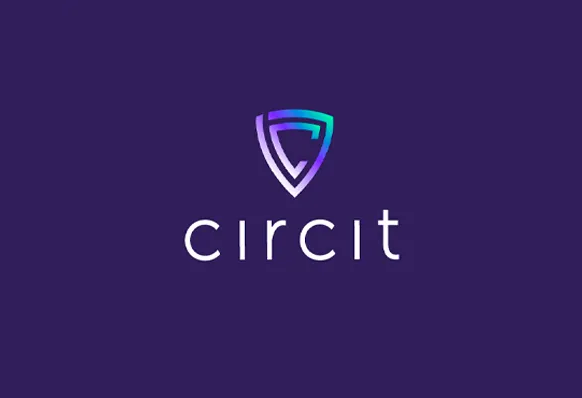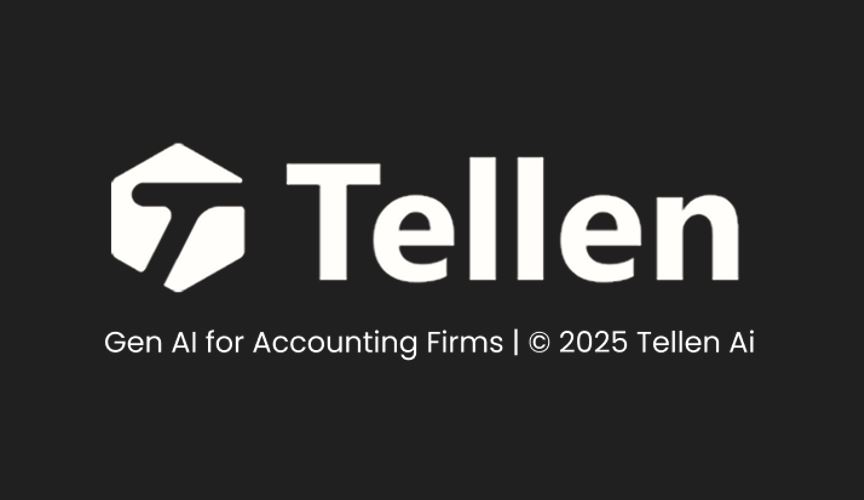By Richard J. Jackson and Cale Whittington.
Auditors, like so many others today, are seizing the opportunity to transform how they work by adopting artificial intelligence. This powerful tool can drill down into millions of lines of data, flagging potential anomalies in minutes for auditors to examine instead of relying on the manual selection and review of data samples ― expending significantly more time looking for the proverbial “needle in a haystack.”
Elevating the importance of the auditor’s role with AI
For auditors, the use of AI creates an exciting opportunity as they can more readily gain access to the data they need, thereby enabling them to shift a larger percentage of their energy and time to exercising professional judgment and using their experience to analyze and examine information. That includes the potential irregularities that a responsible AI solution might flag for review. The auditor’s human judgment sits at the center of the process, as they use AI to augment their work and elevate the value they can deliver to their clients.
As we all know, change can sometimes create uncertainty. In a recent EY survey, only 19% of the 500 accounting and science, technology, engineering and math (STEM) students surveyed said they believed AI would enable professionals to focus their efforts on judgment and higher-level thinking. Additionally, 39% of the students said AI could make people more expendable or eliminate many jobs, underscoring an opportunity to engage with students about how the profession can benefit from technologies like generative AI. These findings make it critical for those of us in the audit profession to help the next generation understand the vision and opportunities that await those who choose this career path as auditors embrace AI.
These changes are only the beginning of the transformation that emerging technology is making possible in our profession. As audit leaders embrace the responsible use of AI and communicate their vision for its use, they have an opportunity to entice young people to pursue a future-driven accounting career. Existing workforces also are likely to find inspiration in their leaders’ vision.
In tandem with that, those of us who were early adopters of AI can show and train colleagues to use this technology to augment their work. It is rewarding to see the excitement as colleagues — veterans and newcomers alike — experience the power of AI and bring the vision of an agile, digital audit to life. Being able to move at speed with the support of AI to transform the way auditors work is particularly important today to keep pace with evolving market conditions.
The auditor-driven, AI-enabled digital audit
Historically, auditors sampled client data manually. They looked for red flags in their samples. With the assistance of AI, auditors can expand their data interrogation across departments, divisions, regions or even country operations to assist with anomaly identification and to review nonstructured information.
As such, auditors can use AI capabilities to support risk detection. For instance, an intelligent general ledger anomaly detector can analyze a company’s ledger data to identify irregular transaction clusters or booking patterns and extract data outliers for more investigation.
With the human at the center driving this AI capability, auditors draw on their experience to identify better questions with the help of AI to unearth the information they seek. For instance, EY Canvas, the first highly integrated online audit platform hosted in the cloud, contains new levels of intelligence to support EY audit professionals. Auditors can analyze identified risks and procedures and compare them with similar situations elsewhere to identify red flags.
Auditors also can benefit by leveraging AI to harness vast amounts of reference material information ranging from technical accounting guidance to auditing guidelines for specific jurisdictions. When applied properly and in close context to actual audit activities, auditors can use AI to gain relevant guidance and technical know-how that improves their work.
Additionally, AI can create a more efficient and effective audit by automating manual processes, such as financial statement tie-outs. This enhances accuracy and increases productivity while reducing the need for repetitive and resource-intensive recalculation, internal consistency checks and comparison with prior period numbers and versions.
AI also can help auditors ask better questions and dynamically scope audits to direct the audit response to the most relevant areas. For instance, it can support auditors with guided workflows to assist in complex areas of the audit, pattern detection systems to help identify outliers in large sets of data, document intelligence to aid review of large groups of contracts, and provide on-demand knowledge guidance that searches and summarizes vast repositories of useful information.
Audit clients benefit from AI-powered digital audits
Nearly two-thirds of the 1,200 CEOs responding to an EY survey said they see AI as a force for good, driving business efficiency and creating positive outcomes for all. Consistent with those findings, audit client experiences are better with AI-powered audits that allow them to keep their finger on the pulse of the audit, monitoring the status of audit requests and responses via mobile apps and other digital means.
While those benefits are valuable, perhaps more importantly, audit clients, on the heels of an AI-powered audit, can gain greater insight into their business through better awareness of transaction inconsistencies across the business which can lead to better aligning and following unique contract terms across accounting, for instance, and better insights from their auditors to help identify potential risks earlier. Furthermore, the multiple standards and restrictions that vary by geography can be identified and aligned more easily with AI, ensuring appropriate compliance.
Such digital, always-on capabilities will only become more powerful with responsible AI putting intelligence and insights about a client, their industry and competitors at an auditor’s fingertips. This will help auditors focus their questions and follow-up in areas of real risk while better aligning the audit with the shared objective of the auditor and client to enhance the overall quality of the financial statements and their value to the investor community.
AI is the future audit
The benefits of AI-infused digital audits are clear. The audit profession is embarking on an exciting journey. We need to understand and embrace the opportunities and educate the next generation about how AI is transforming the work of auditors to advance the quality of the work they do for their clients, even as early adopters train colleagues to leverage these new solutions.
===
Richard J. Jackson, EY Global Artificial Intelligence Assurance Leader, and Cale Whittington, EY Americas Assurance Digital Leader, discuss the AI-powered audits – from the opportunity they create for auditors to the benefits that can be derived from audits fueled by AI.
Thanks for reading CPA Practice Advisor!
Subscribe Already registered? Log In
Need more information? Read the FAQs




